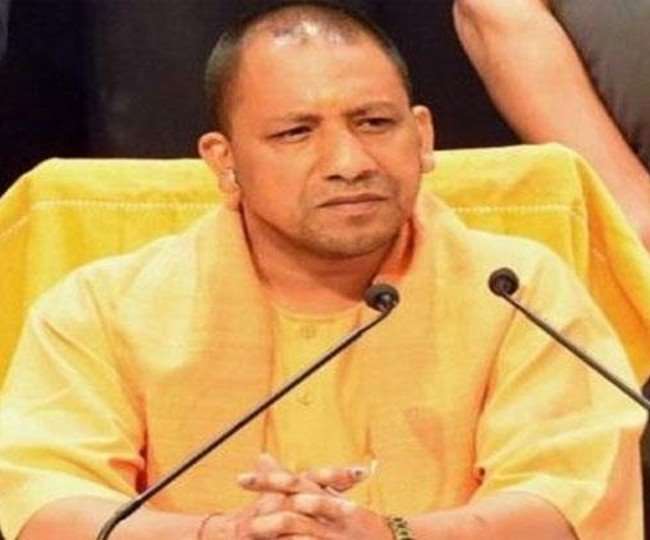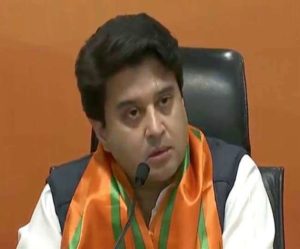
CAA Protest in UP: Yogi government taking fresh legal opinion in the matter of putting up posters in Lucknow
After the Allahabad High Court’s order challenging the Allahabad High Court’s order to remove photo-banner banners-posters of violence perpetrators in Lucknow against the Citizenship Amendment Act (CAA), the Yogi government of Uttar Pradesh is taking a legal opinion from the new head in the case is. Sources say that on the orders of the High Court, various legal points are being churned. However, senior officials are reluctant to say anything directly about it. The government has until March 16 to remove the banner-poster.
The Yogi government of Uttar Pradesh has approached the Supreme Court against the High Court’s decision. Additional Chief Secretary Home Avnish Kumar Awasthi also held a meeting with officers at Lok Bhavan on Monday on the situation arising out of the High Court order. Lucknow District Collector Abhishek Prakash, Police Commissioner Sujit Pandey and officials of the Department of Justice were also present in the meeting. It was only after this meeting that the government decided to challenge the High Court’s decision in the Supreme Court.
The Allahabad High Court has summoned the compliance report from the District Magistrate, Lucknow and the Metropolitan, on March 16, ordering the removal of banners and posters with photographs of people demonstrating against the CAA in Lucknow. Photographed poster-banners of 57 protesters have been placed in public places. The Supreme Court has not put any stay on the High Court order at present. On Thursday night too, there was intense churning by senior officials over the move.
A big bench of the Supreme Court will consider
The Supreme Court has sent a large bench of three judges for consideration, considering the issue of posting posters in Lucknow against the CAA for spreading violence and property damage. However, at present there is no restriction on the order of the High Court. During the hearing on Thursday, where the state government justified the action and said that it is outside the purview of the right to privacy, the Supreme Court accepted the action against those who committed the violence, but differed between the right of the individual and the government. That there is no legal basis behind the action of the State Government. A person can do anything unless the law forbids him, but the government can only do what the law allows.



Average Rating